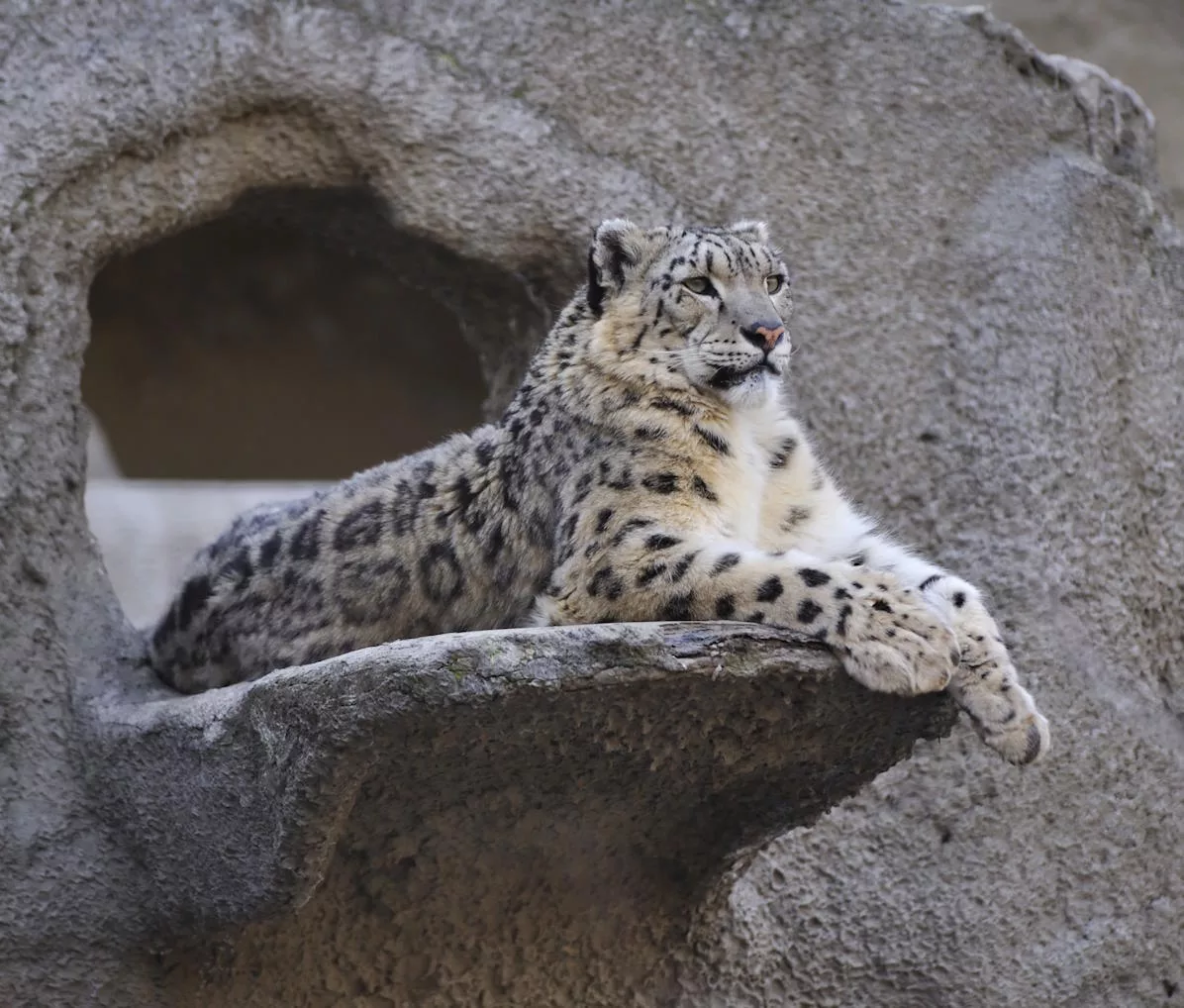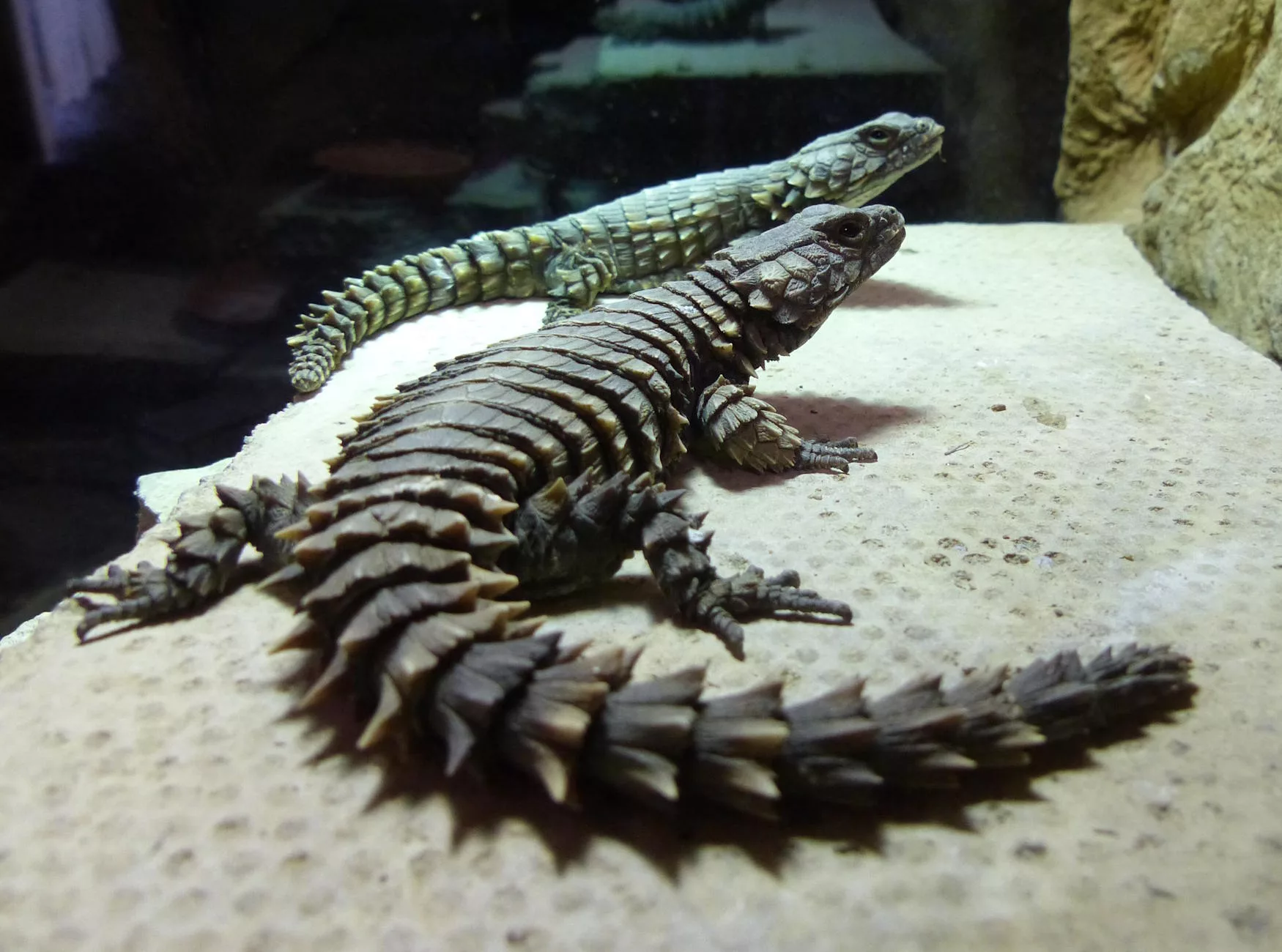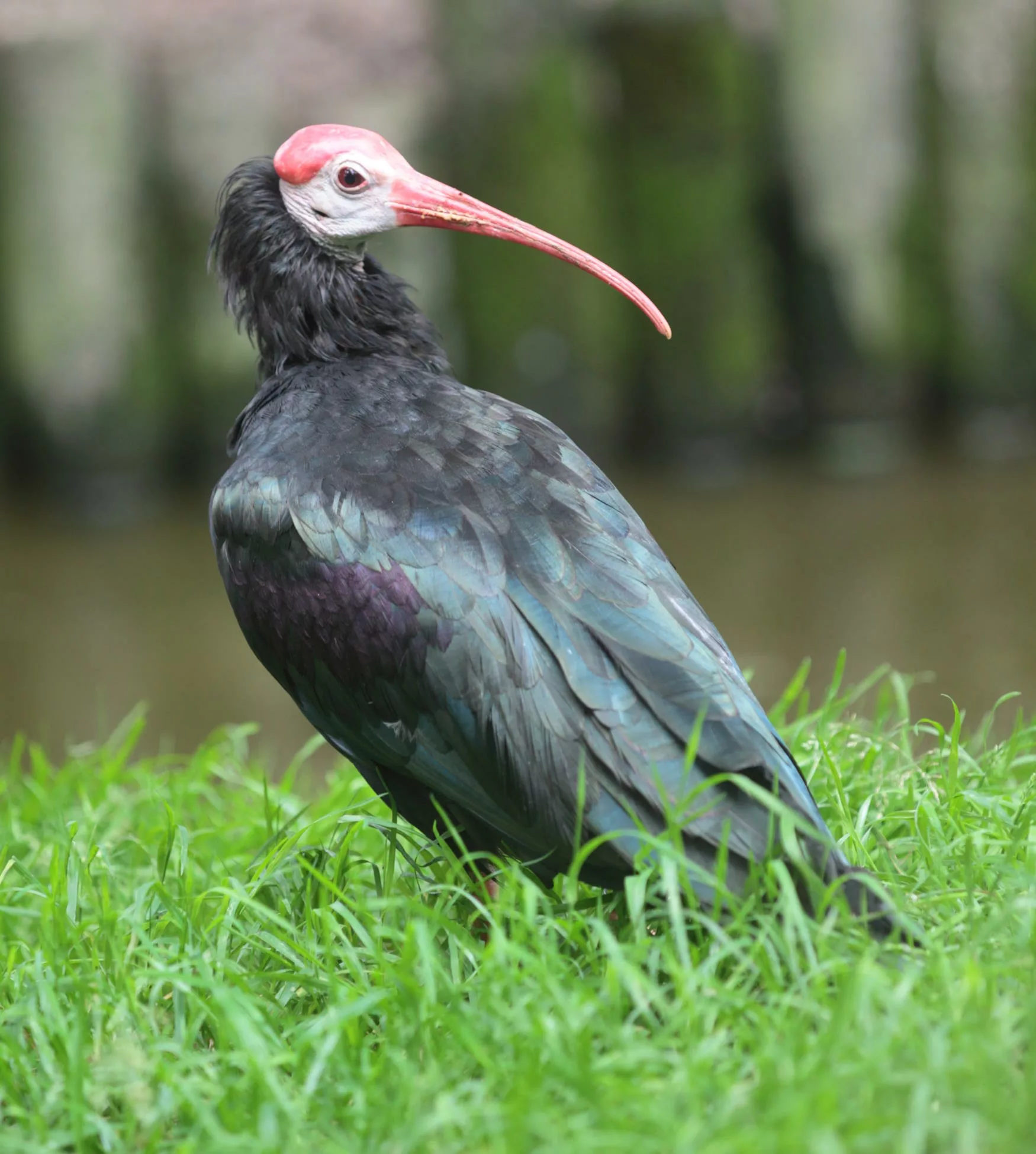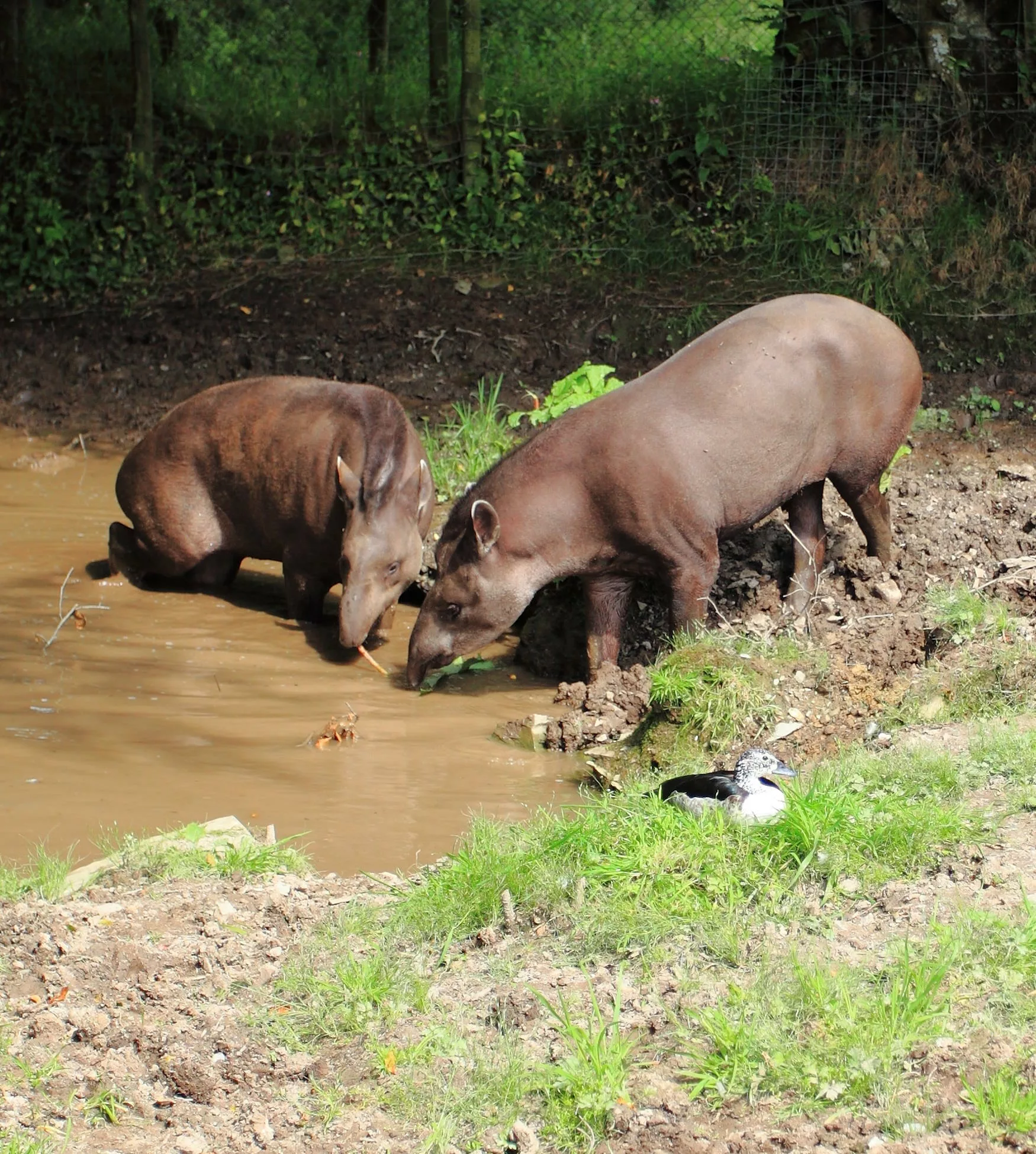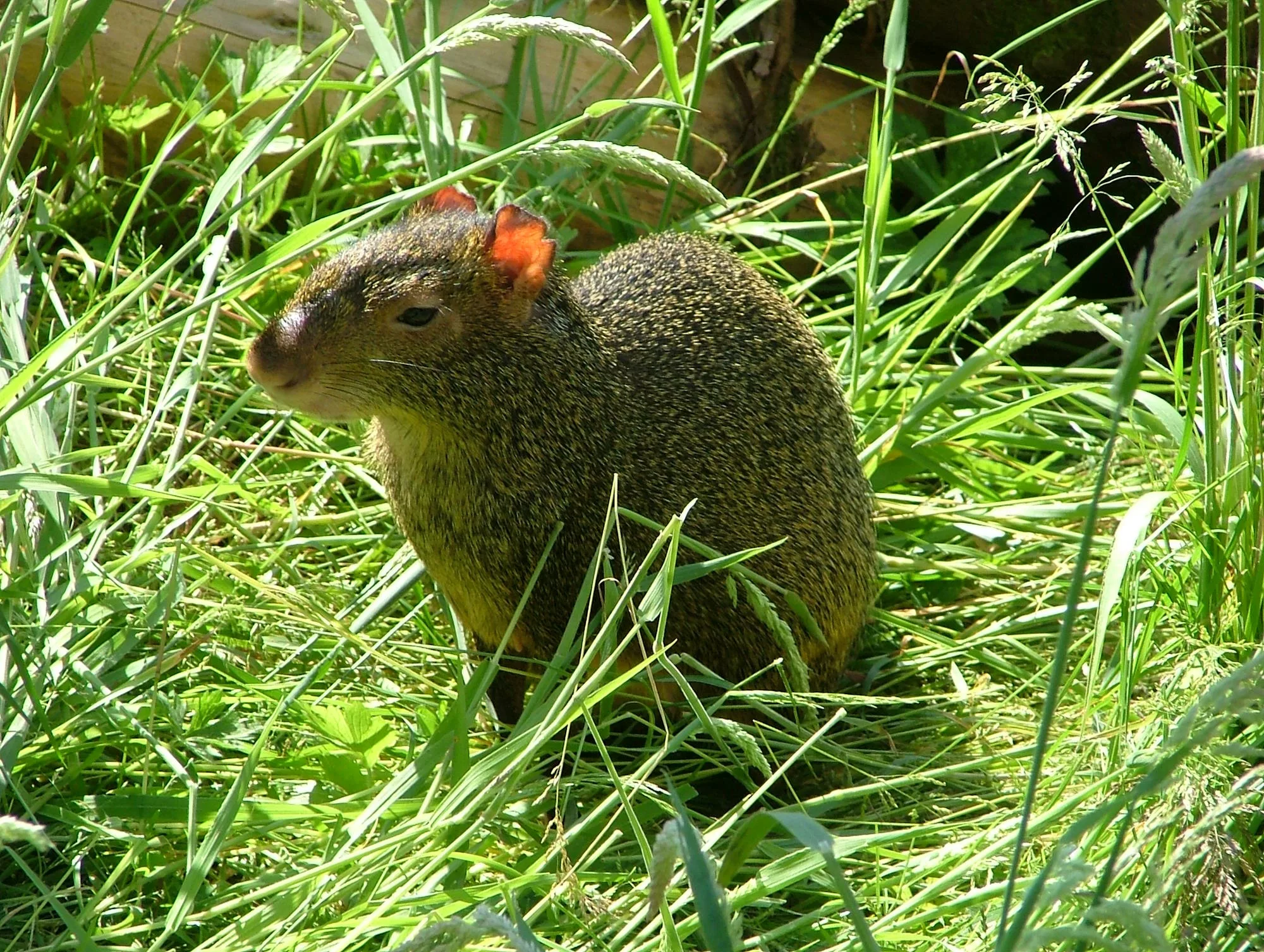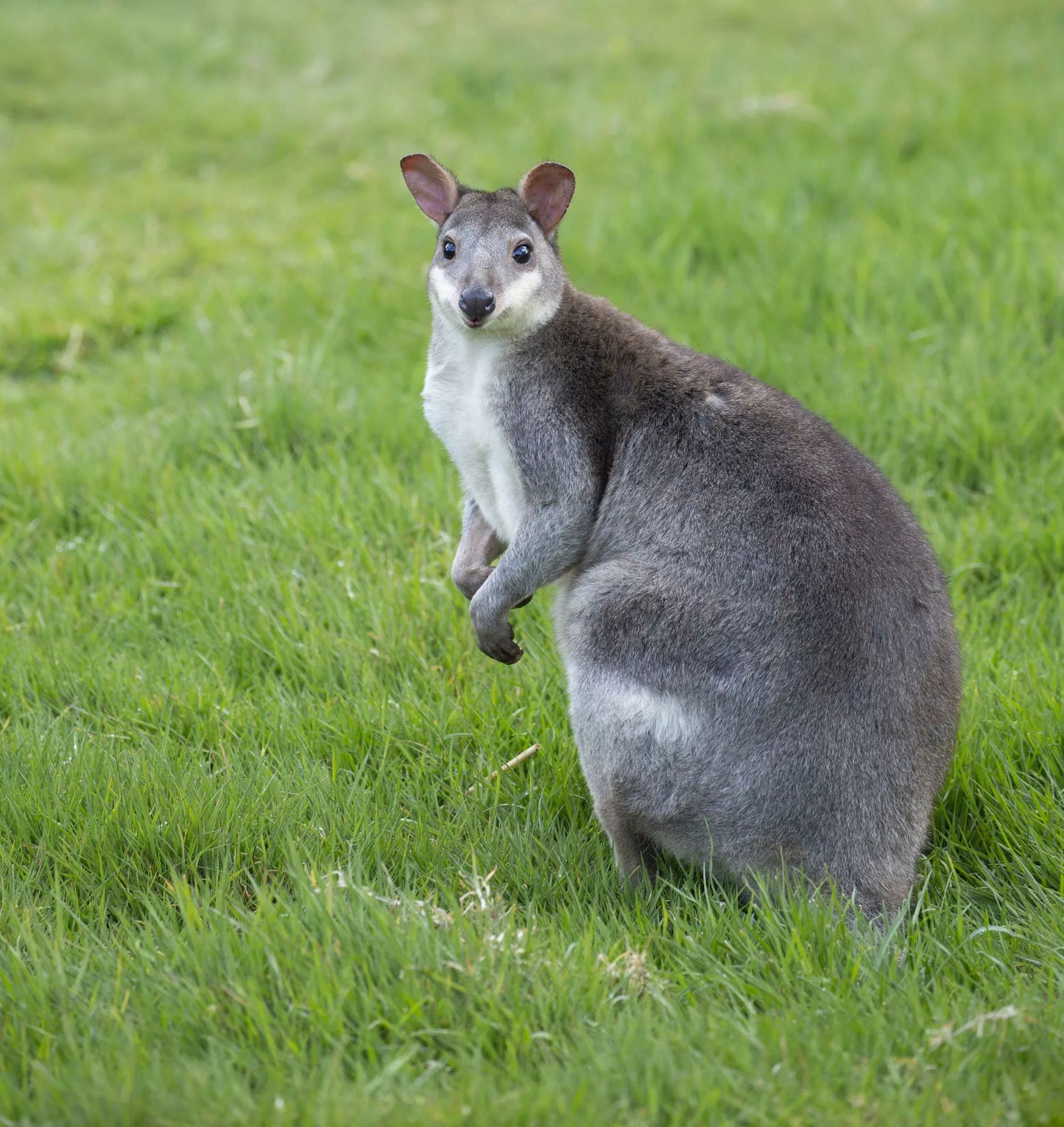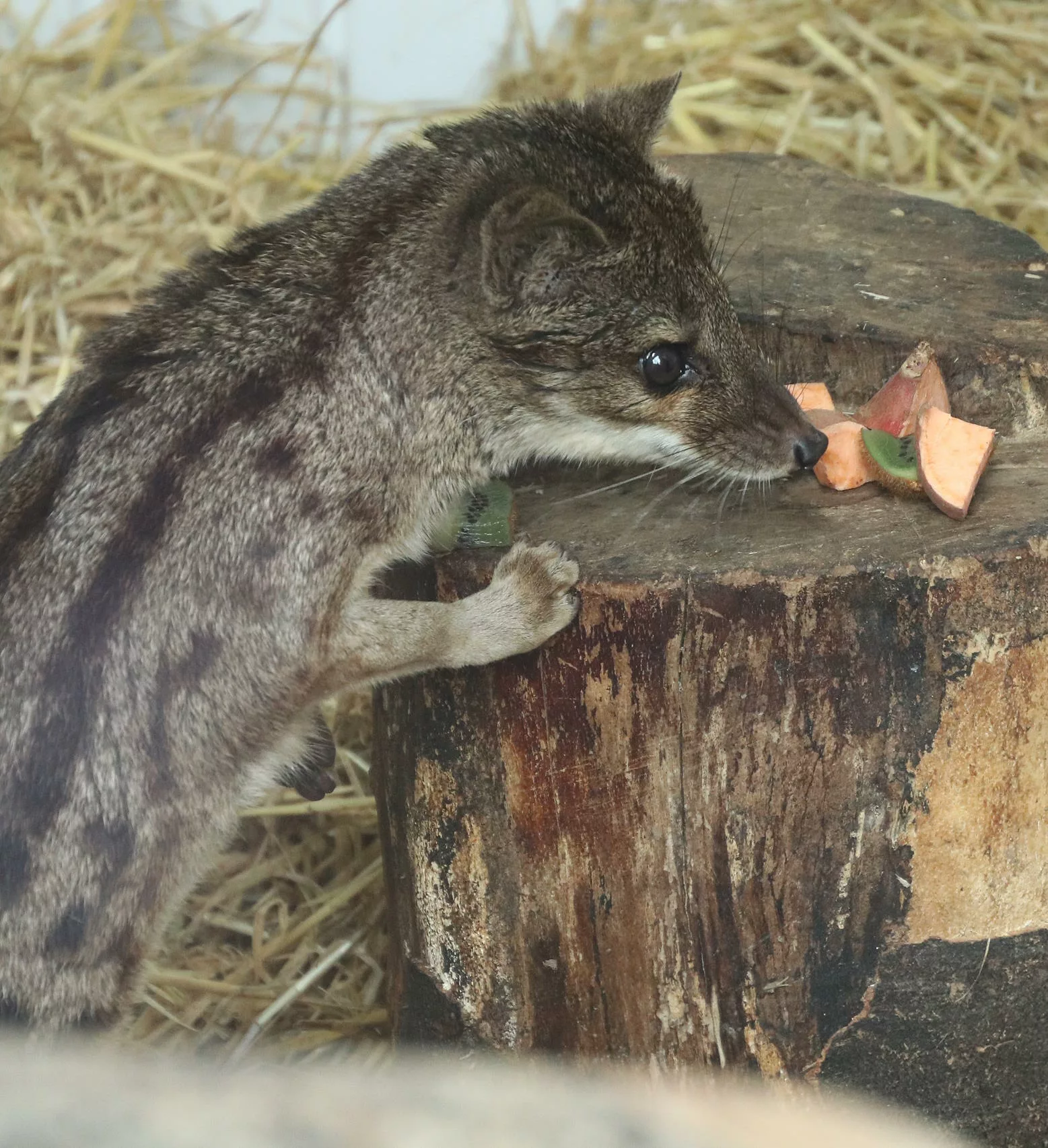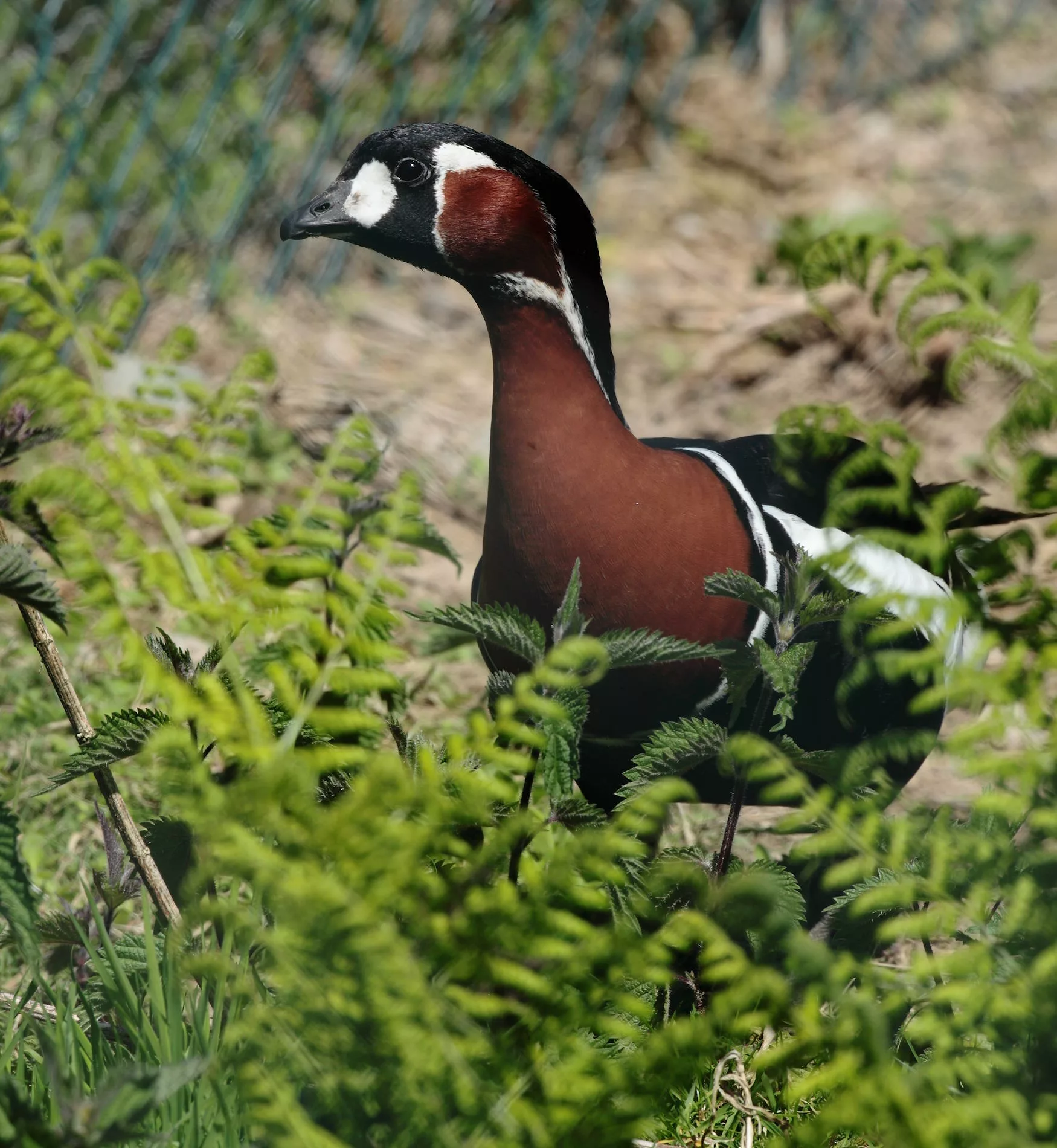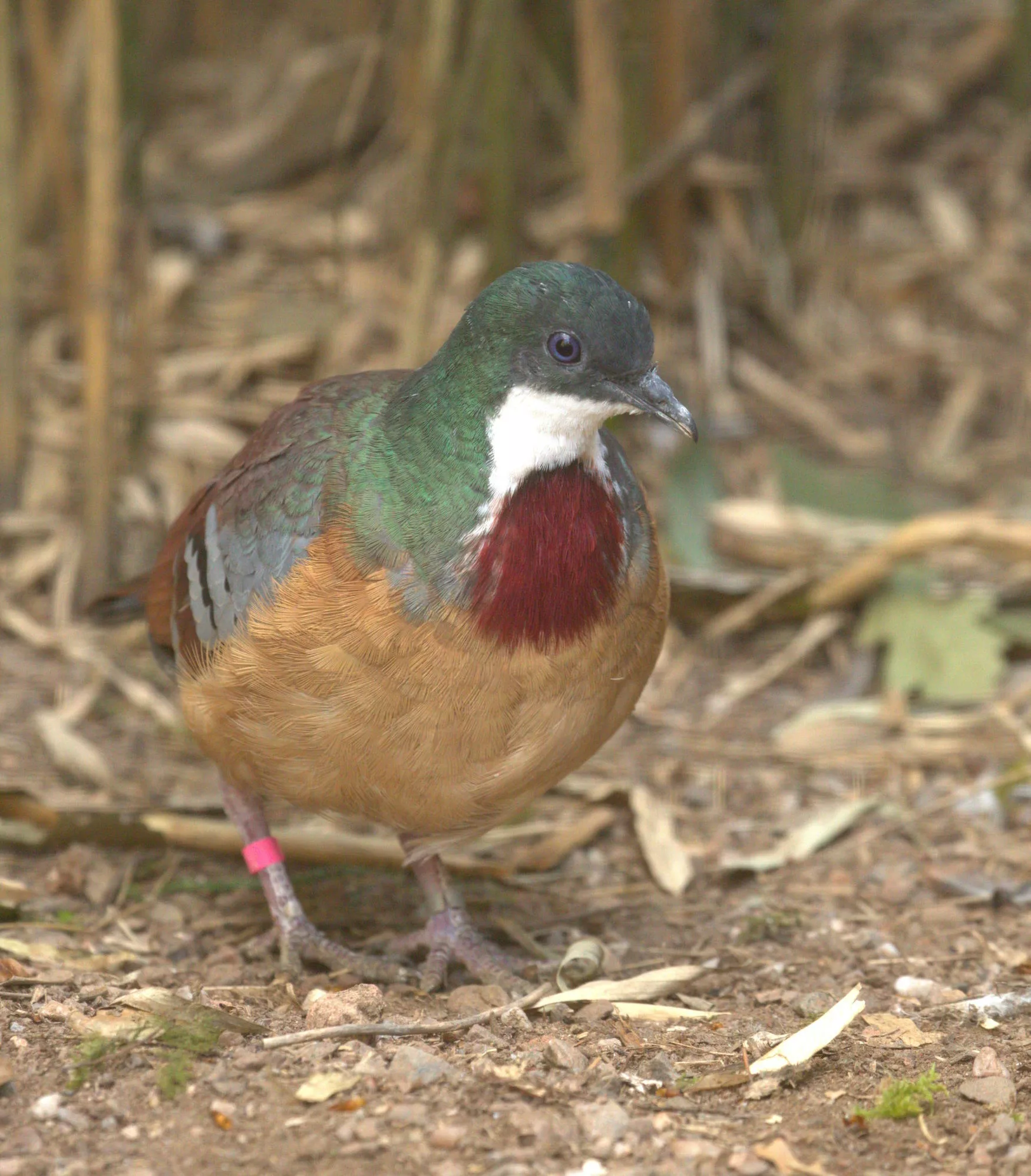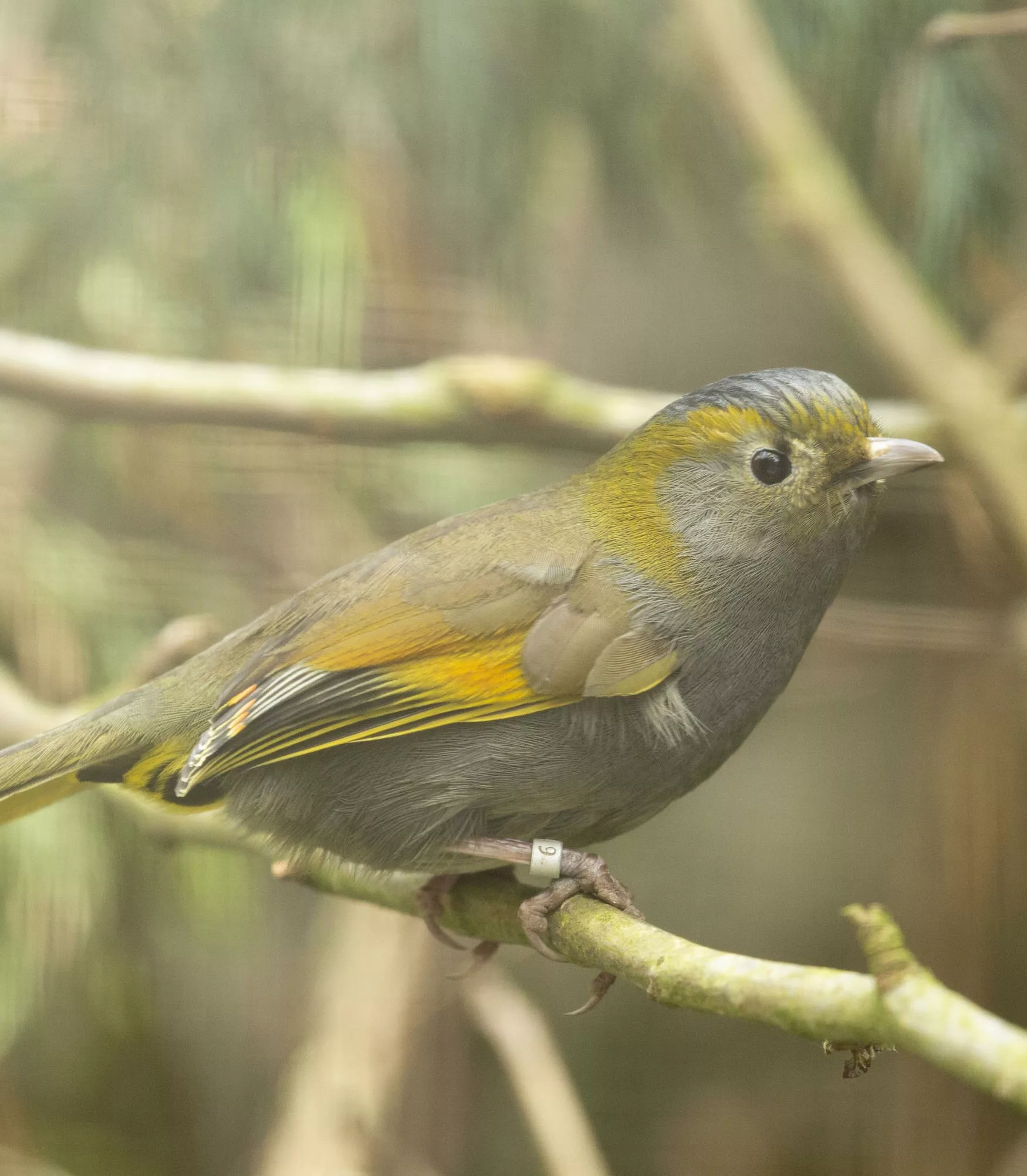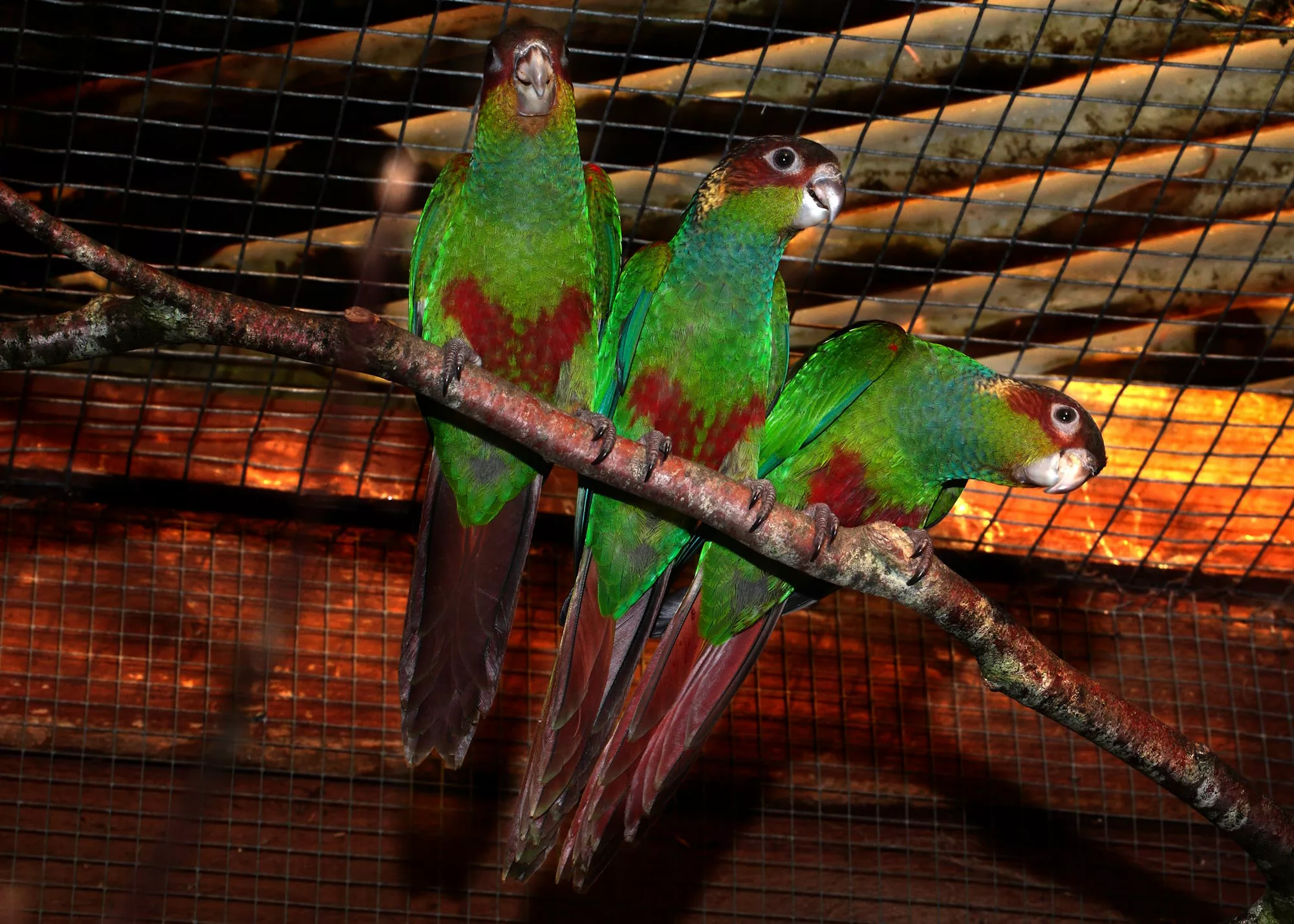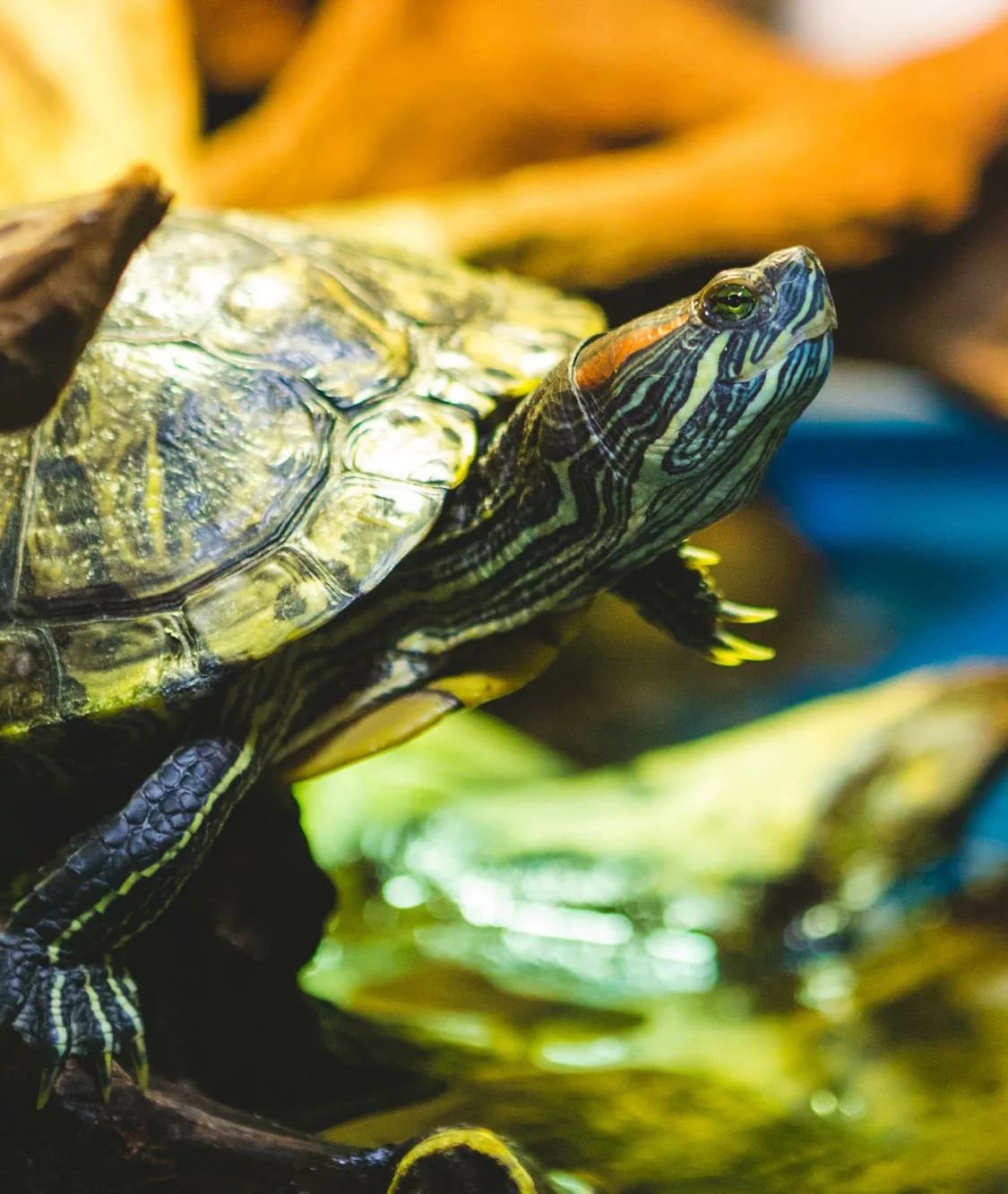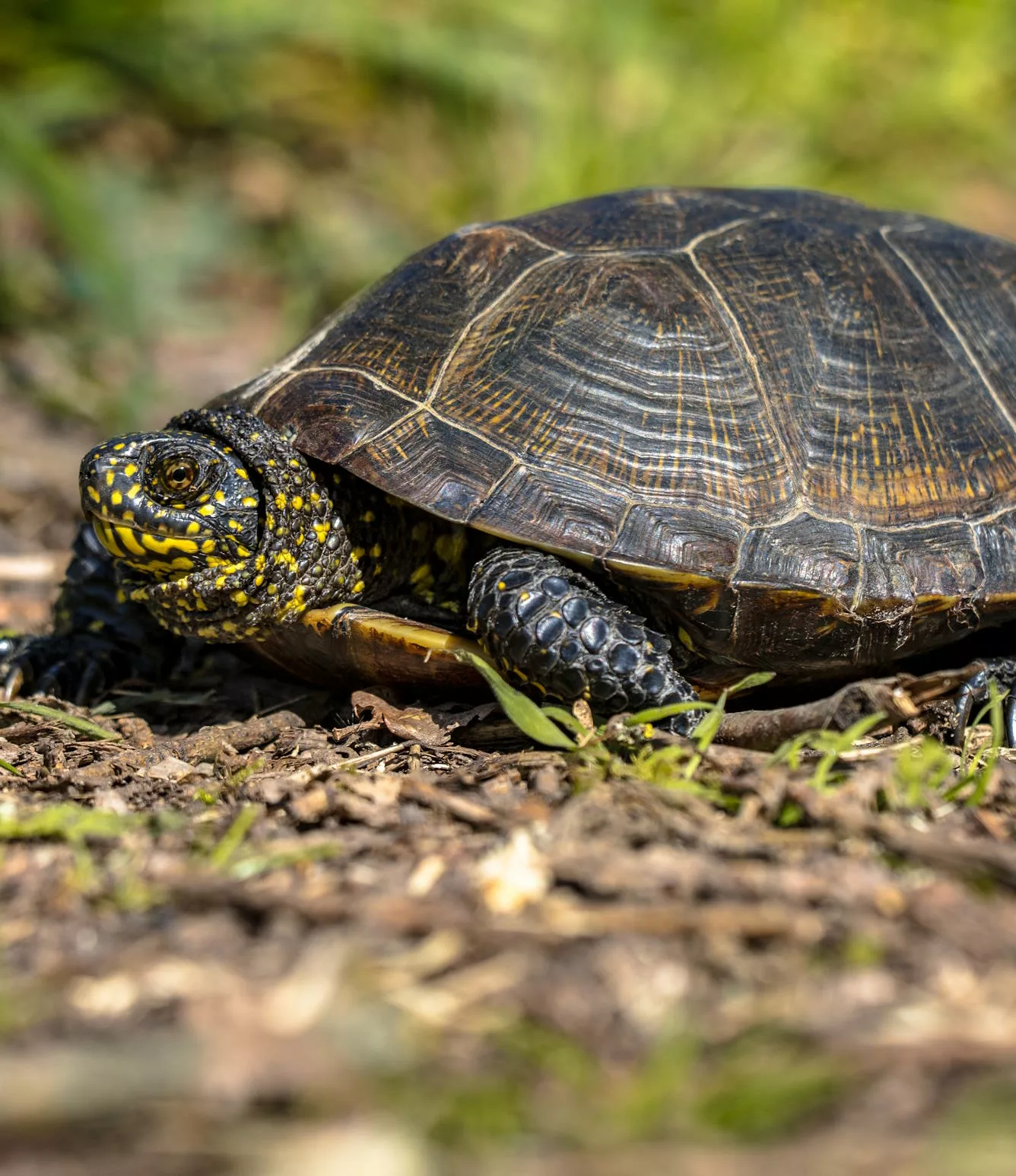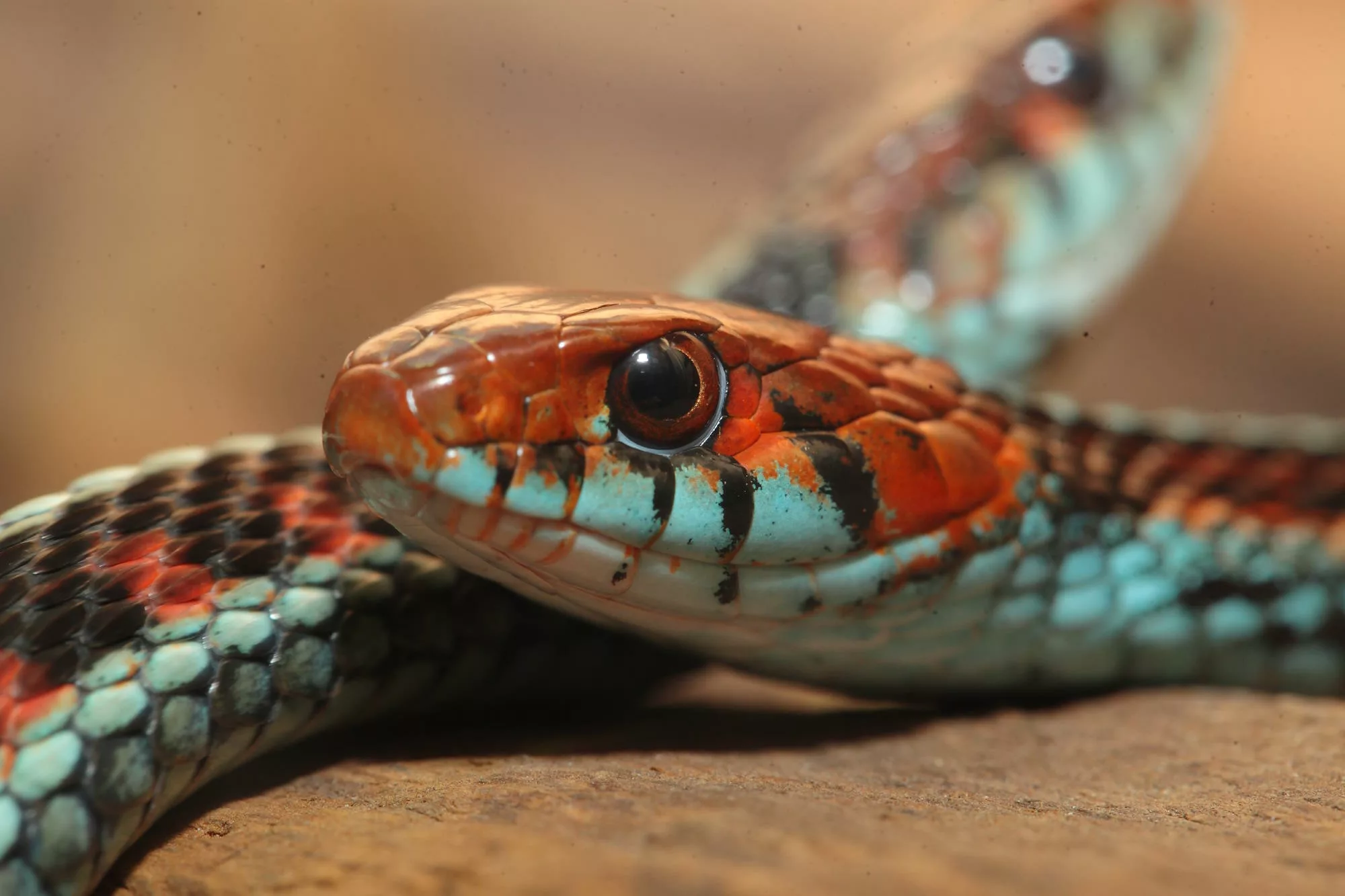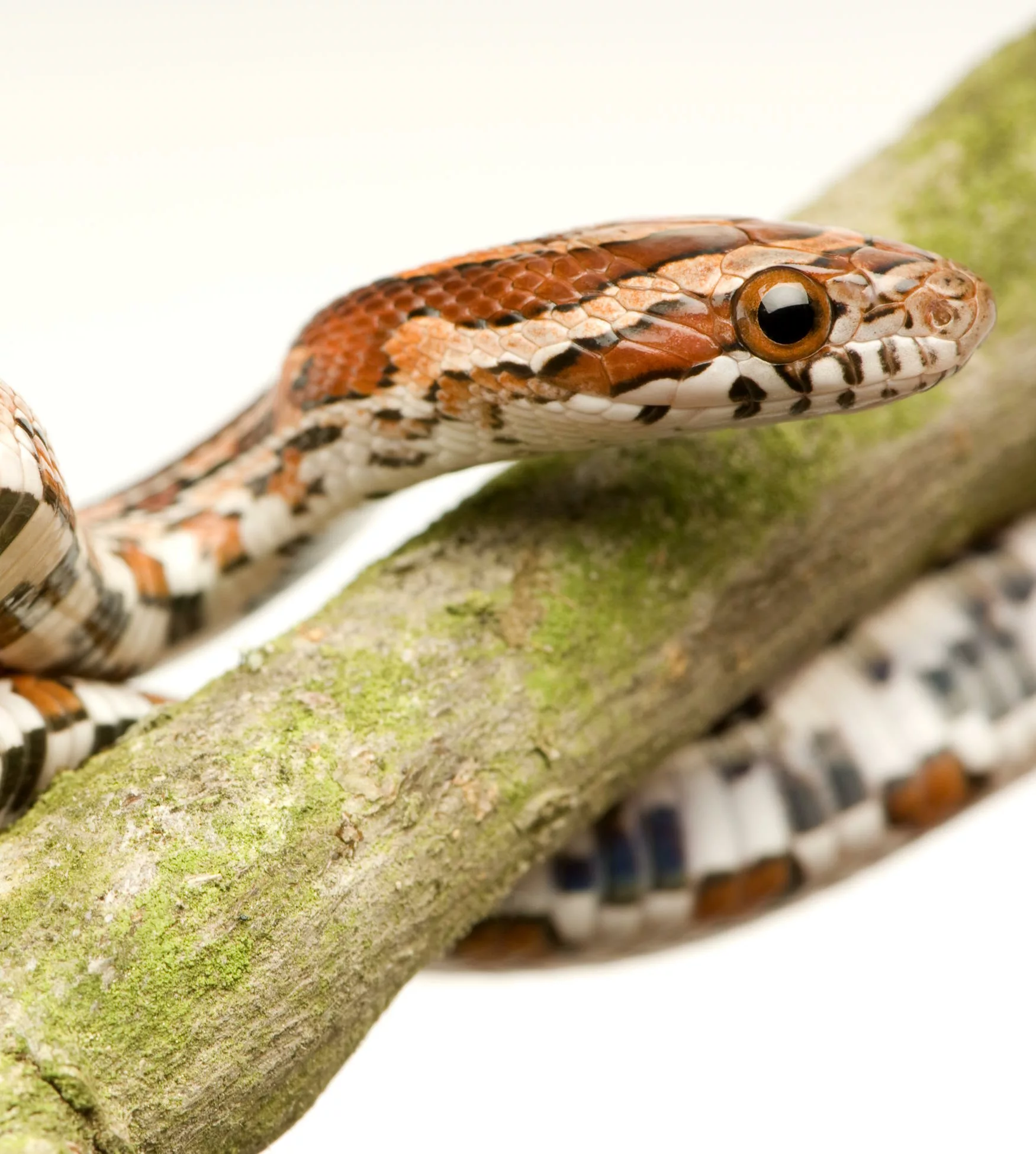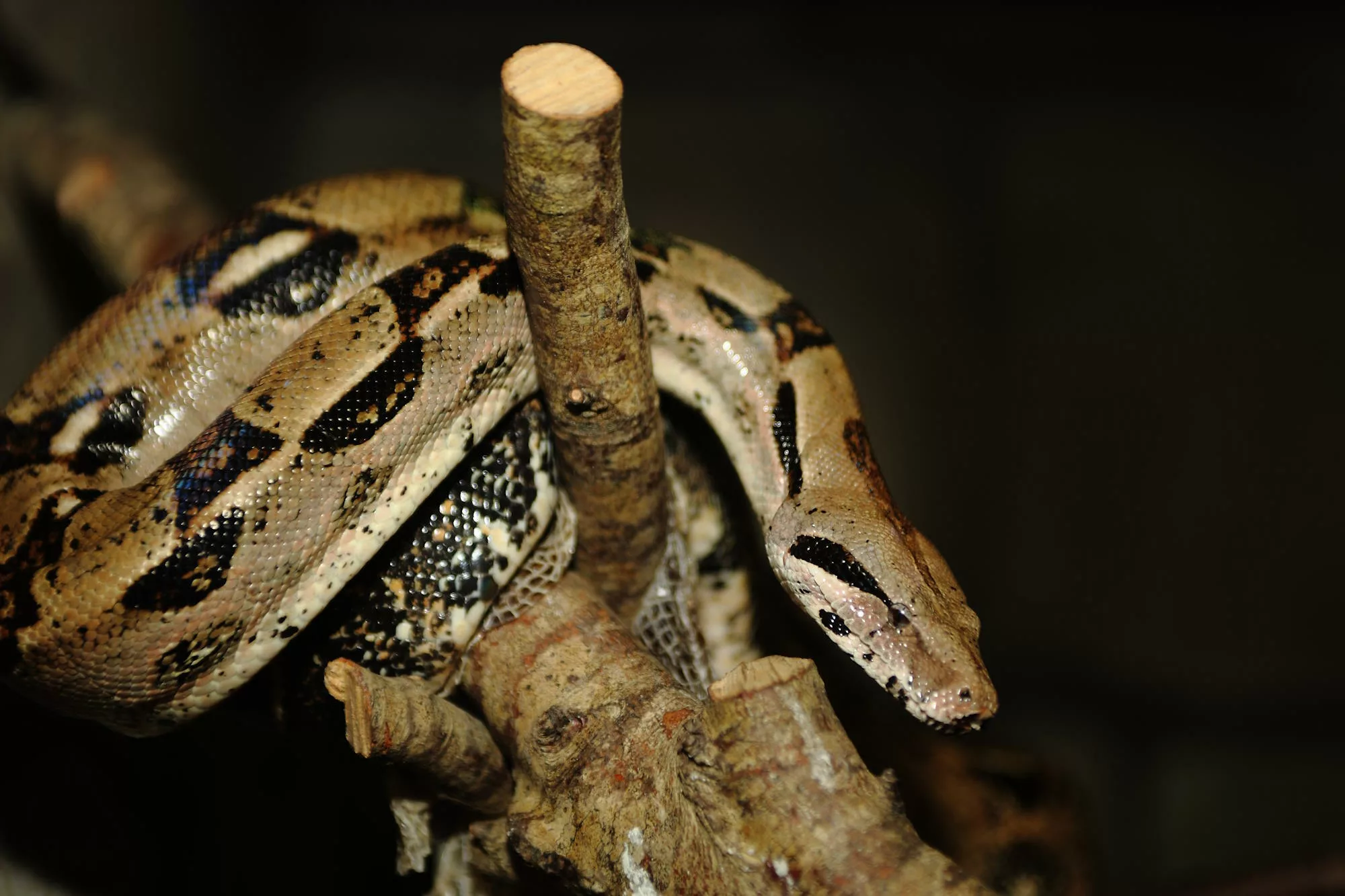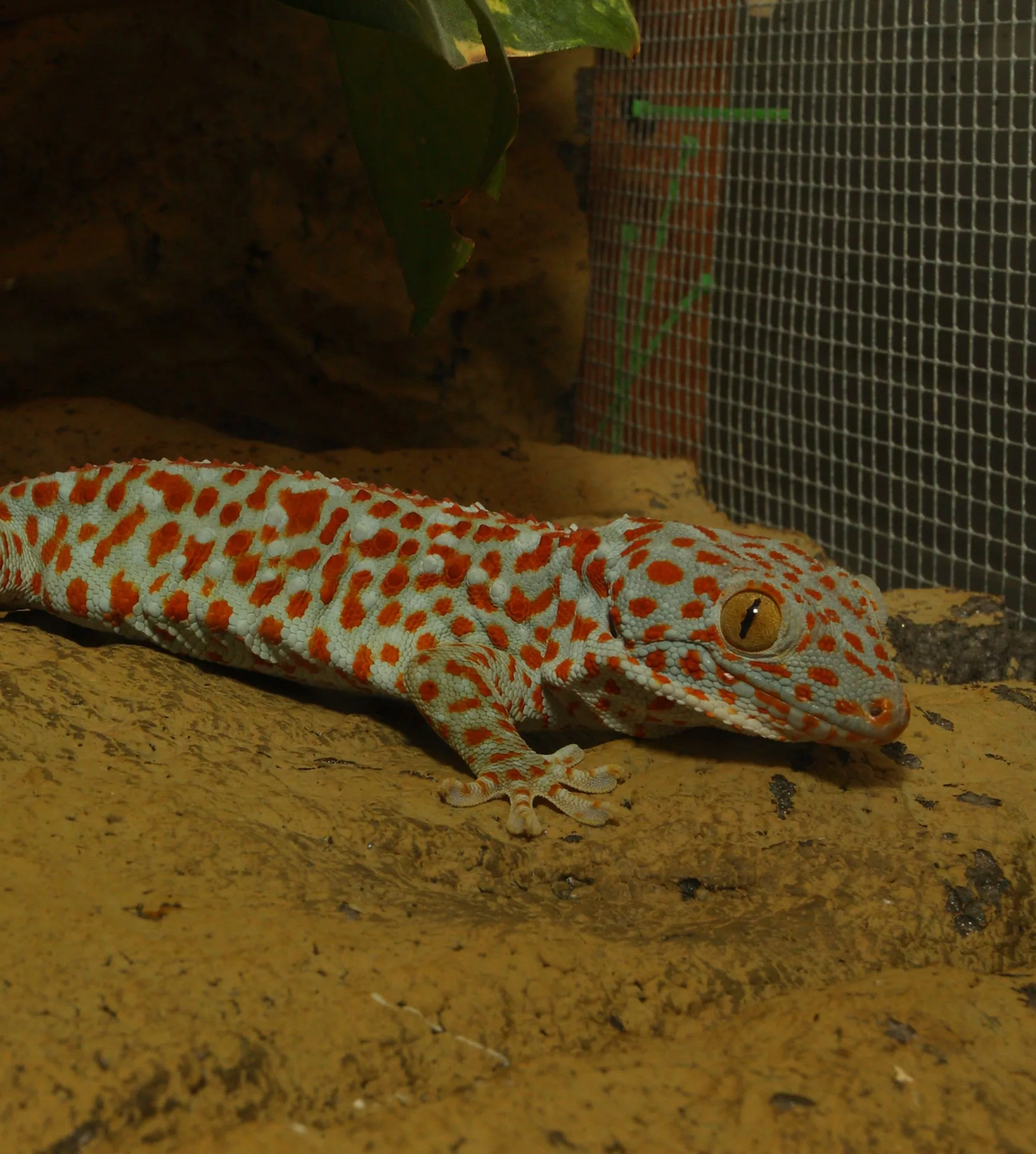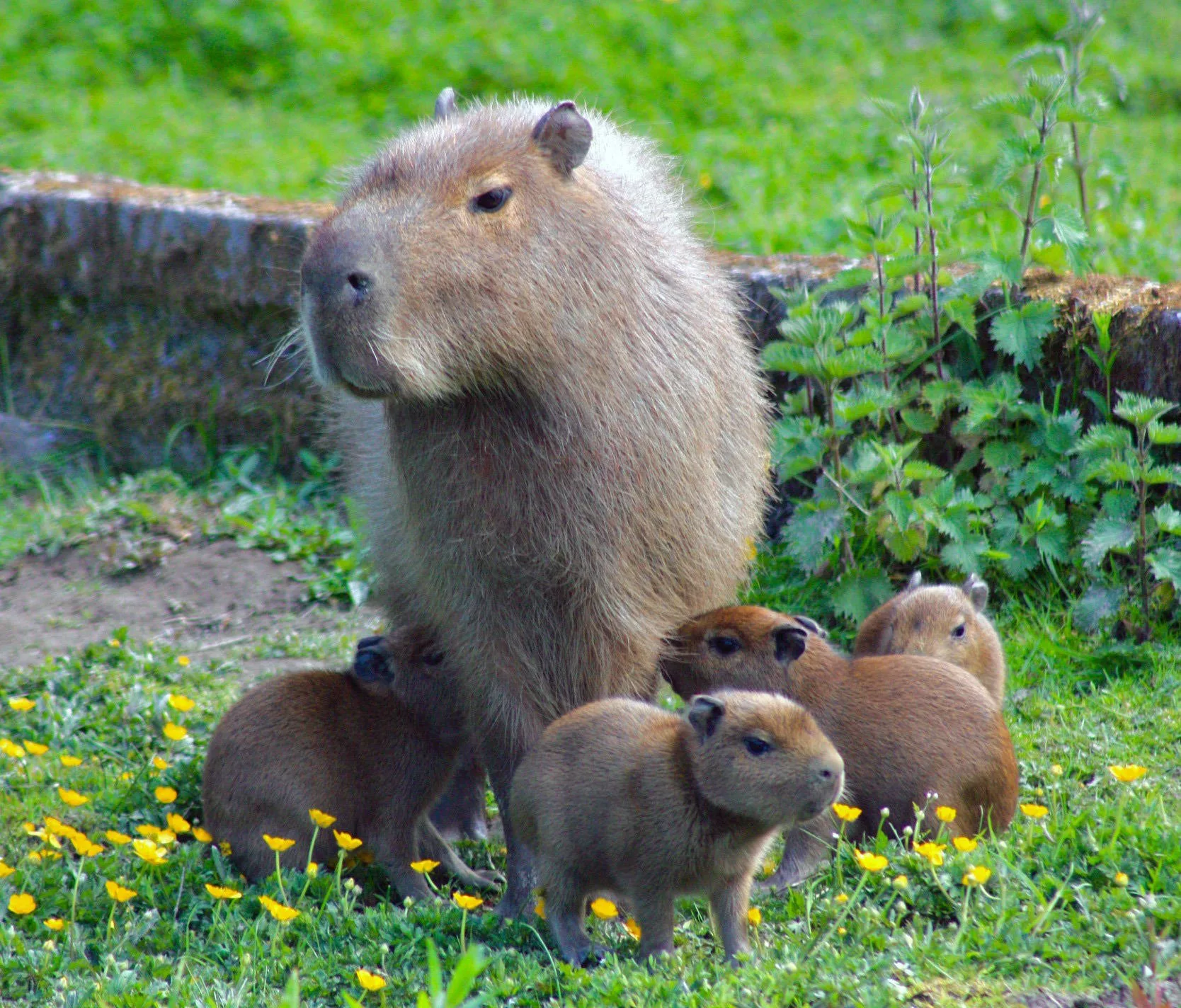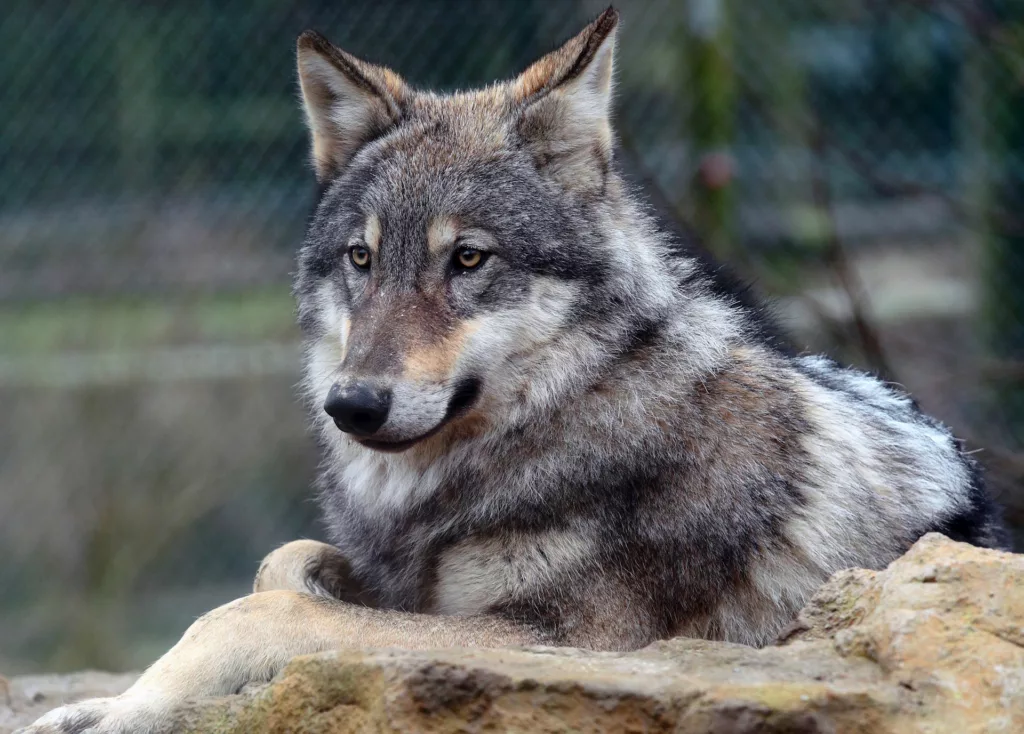
Grey wolf
Scientific name: Canis lupus
IUCN listed as: Stable
Learn before you visit!
Here are some facts about the species – Discover what they eat, find out about their natural habitat, see what they like to do, and more… Set the reading style to suit you too, everyday speak or something aimed towards children.
Child-friendly
Everyday
Diet
Grey wolves have a diverse diet primarily consisting of large ungulates such as deer, elk, and moose. They also hunt smaller mammals like rabbits, rodents, and beavers, as well as birds, fish, and occasionally insects. Additionally, wolves scavenge carrion when available, further enhancing their ability to adapt and thrive in different ecosystems as apex predators.
Grey wolves mainly eat big animals like deer, elk, and moose, but they also catch smaller ones like rabbits and birds. Sometimes they even snack on insects! If they find dead animals, they’ll eat those too.
Breeding
Grey wolves breed annually in winter, typically between January and March. The alpha pair leads the pack and cares for the pups with assistance from other pack members. Pups learn vital survival skills from the pack as they grow.
In winter, grey wolves have babies. The leaders, called the alpha pair, take care of the pups with help from other wolves. As the pups grow, they learn important stuff from their wolf family, like how to hunt and stay safe.
Habitat
Grey wolves inhabit a variety of habitats, including forests, tundra, grasslands, and deserts, across North America, Europe, and Asia. They prefer areas with dense vegetation for cover and proximity to water sources. Wolves are highly adaptable and can thrive in diverse environments, from the frozen Arctic to the arid desert, as long as their basic needs for food, water, and shelter are met.
Grey wolves live in forests, mountains, and sometimes deserts in North America, Europe, and Asia. They like places with lots of trees and water nearby. Wolves are smart and can live in cold places like the Arctic or hot places like deserts as long as they can find food and a cozy den.
At the zoo
In UK zoos, grey wolves are looked after carefully. They live in big spaces designed to be like their natural homes, with trees and open areas to explore. They eat a balanced diet of meat and other healthy foods. To keep them active and happy, zoos provide activities like scent trails and hiding food. Additionally, zoos work to protect grey wolves and their habitats in the wild.
In UK zoos, grey wolves are well taken care of. They live in large areas that look like their wild homes, with trees and open spaces to run around in. They eat a mix of meat and other good food to stay strong. Zoos also give them fun things to do, like following scent trails and finding hidden treats. And they help keep wild grey wolves safe too.
Behaviour
Grey wolves are highly social animals, living in tight-knit family groups called packs. They communicate through body language, vocalizations, and scent marking. Wolves are skilled hunters, working together to take down large prey like deer and elk. They also play an essential role in their ecosystem by helping control prey populations and maintaining a healthy balance in nature.
Grey wolves are friendly animals that live in big families called packs. They talk to each other by making sounds, using their bodies, and leaving smelly marks. Wolves are excellent hunters, working together to catch big animals like deer. They’re also superheroes for the environment, making sure everything stays just right in their home.
Fun facts
- Pack Life: Grey wolves hunt and live together in packs.
- Howling Bonds: They communicate with unique howls.
- Team Hunters: They work together to take down big prey.
- Sensory Superstars: Keen senses help them survive in diverse habitats.
- Family Focus: Both parents raise wolf pups until they’re ready to hunt.
- Pack Pals: Grey wolves stick together in groups called packs.
- Howling Chorus: They talk to each other with cool howls.
- Team Hunters: Working together, they chase big animals like deer.
- Super Senses: They have sharp eyes, noses, and ears for survival.
- Family Fun: Both parents take care of wolf pups until they grow up.
More animals to discover at our zoo
Quick Links
Tickets & Prices
You can buy tickets for Exmoor Zoo securely online, as well as finding out more price options, discover offers, and more…
What’s on…
Exmoor Zoo hosts incredible Events all through the year. You can find out about what we’ve got in store here…
Routes & info
Like any great discovery, Exmoor Zoo can feel a little off the beaten path – but don’t worry – you can plan your journey with our recommended routes and other useful travel info.
